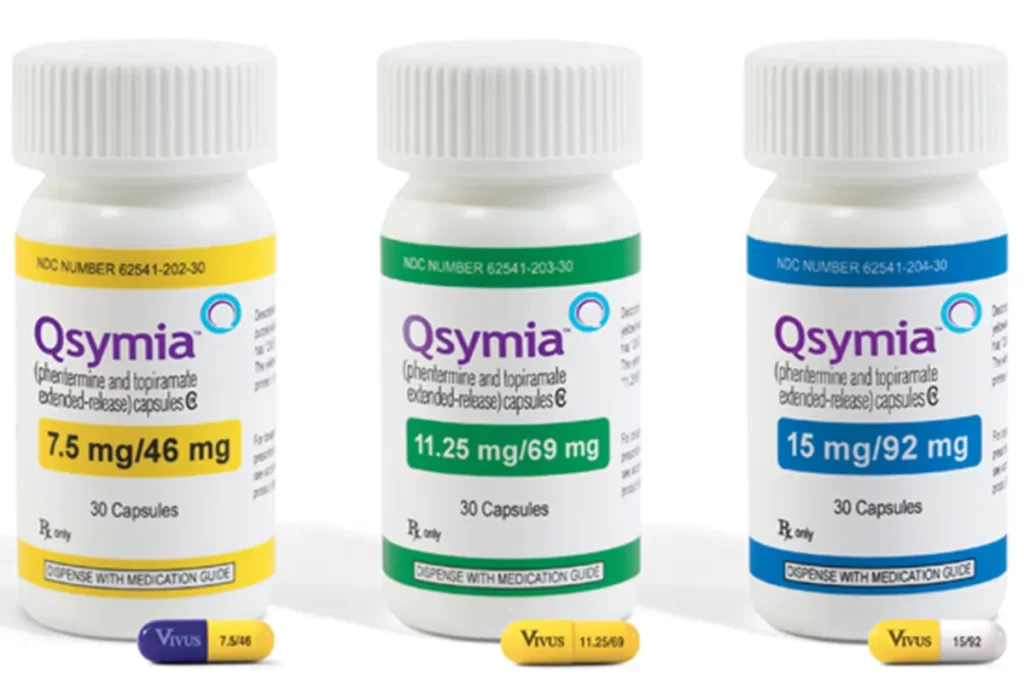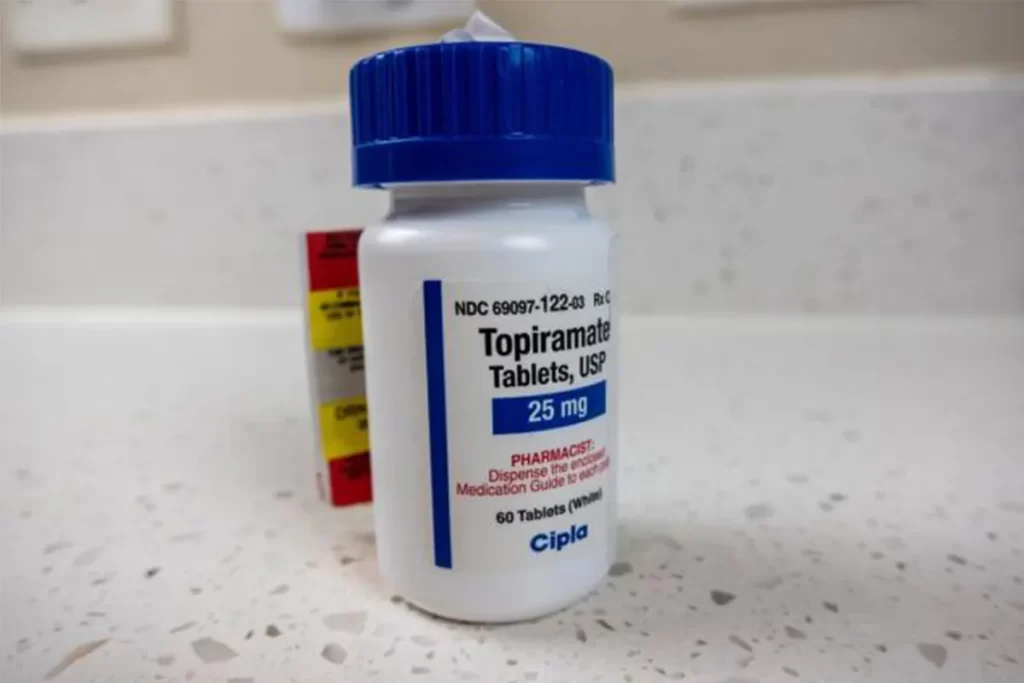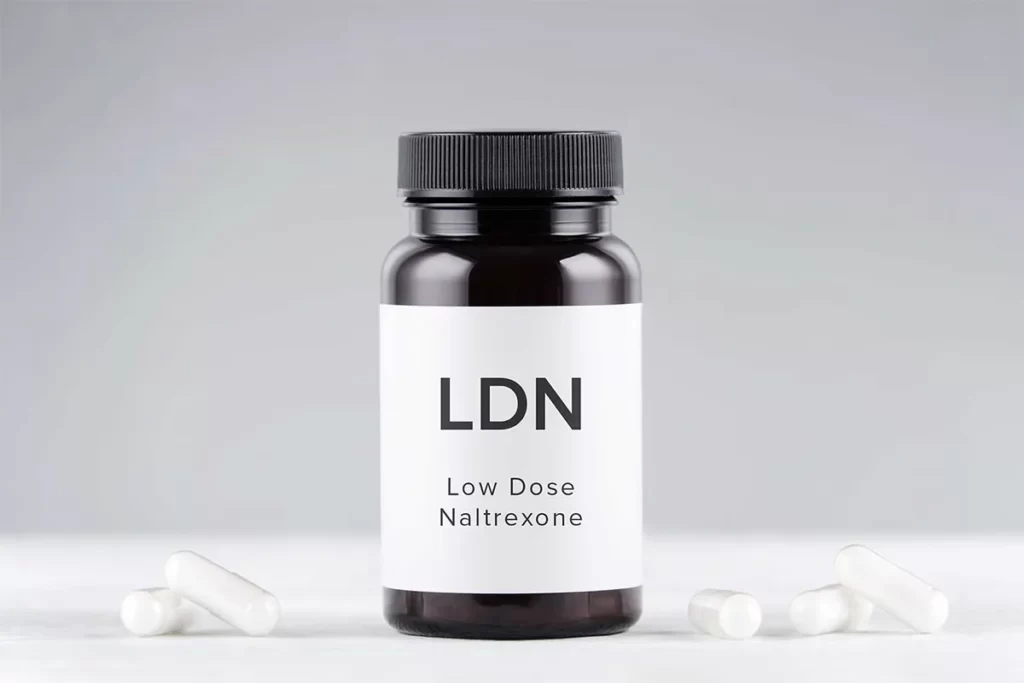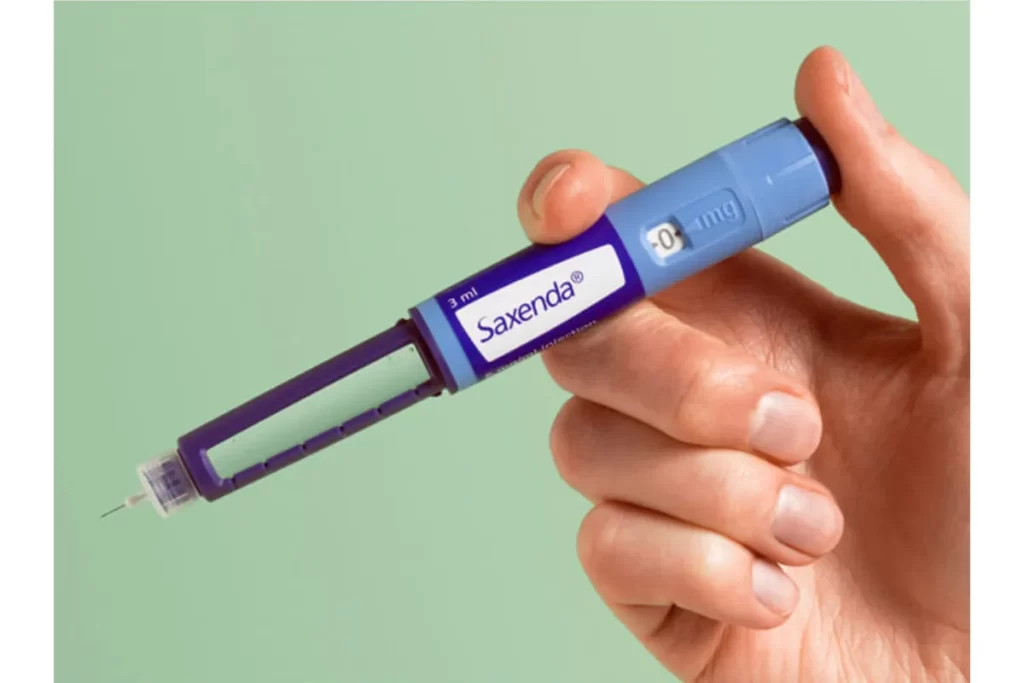Why Am I Still Hungry on Ozempic? 10 Common Reasons
-
 Written by
Michael J. Ormsbee
Written by
Michael J. Ormsbee
- LAST UPDATED September 4, 2023
Ozempic, a popular medication used for treating type 2 diabetes, has garnered significant attention due to its potential for weight loss and appetite reduction. However, some individuals may still hungry on Ozempic, possibly thwarting their efforts to lose weight. This article delves into the reasons behind this issue and provides practical solutions to help manage hunger and achieve weight loss goals.
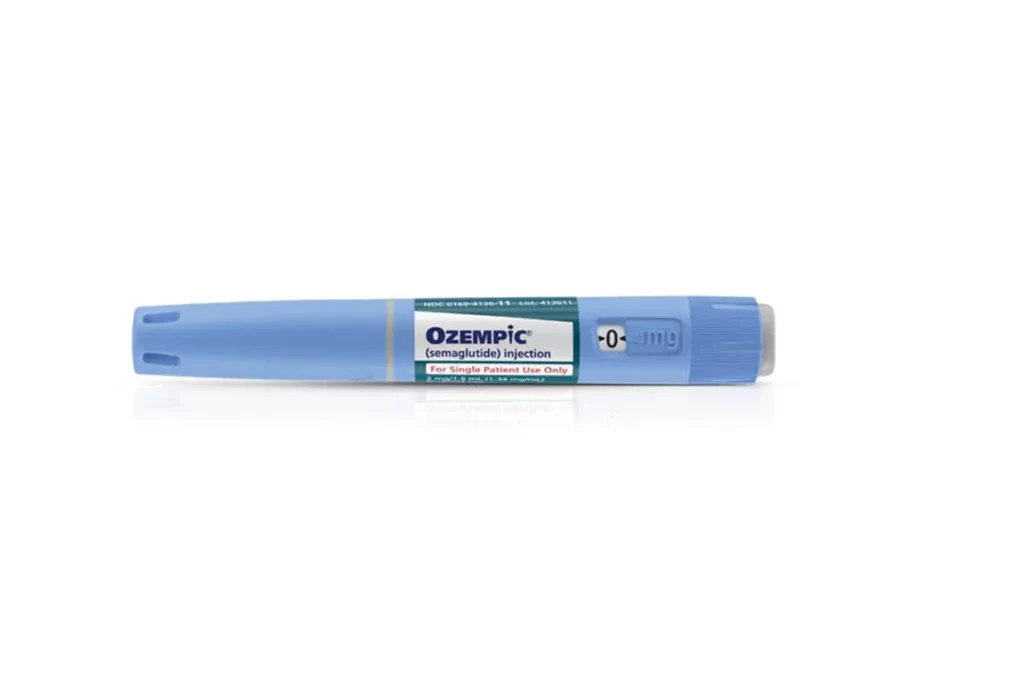
What is Ozempic?
Ozempic, or semaglutide, is a once-weekly injectable medication used to improve blood sugar levels in adults with type 2 diabetes mellitus. It is also indicated for lowering the risk of major cardiovascular events, such as stroke, heart attack, or death, in adults with type 2 diabetes and heart disease. Ozempic works as an adjunct to diet and exercise to help control blood sugar. As a glucagon-like peptide-1 (GLP-1) receptor agonist, it is effective in aiding glycemic control in individuals with type 2 diabetes mellitus.
How does Ozempic function?
The mechanism of action of Ozempic involves a carefully structured response to elevated blood sugar levels; it stimulates the release of insulin, a vital hormone for glucose control. This, in turn, facilitates efficient regulation and control of the blood glucose levels, ensuring they remain within safe and healthy bounds. An added function of Ozempic is its ability to slow down the process of gastric emptying. This promotes a delay in digestion and causes users to experience prolonged feelings of fullness, thereby indirectly aiding in blood sugar control.
How does Ozempic Function in Promoting Weight Loss?

Ozempic predominantly serves as a medication designed to regulate blood sugars. However, its capacity to assist in weight loss has extended its appeal beyond diabetics. Ozempic employs the active ingredient Semaglutide, a drug that is utilized primarily for individuals with diabetes to enhance insulin production, and interestingly, it also aids in rapid weight loss.
The functionality of Ozempic revolves around activating GLP-1 receptors throughout the body, heightening the influence of the naturally present hormone GLP-1. This hormone performs a multitude of crucial roles within the body. Post meals, GLP-1 is released by the digestive system, and it regulates blood sugar levels by managing the secretion of insulin.
Moreover, Ozempic acts directly on the brain, specifically on the appetite center. This leads to diminished feelings of hunger and enhanced sensations of fullness. Resultantly, this slowed digestive process prolongs the experience of satiety, and Ozempic users are less likely to consume excess calories. Thus, together with the slowed gastric emptying process, Ozempic creates an environment conducive to weight loss.
These findings highlight the dual action capability of Ozempic – managing blood glucose levels and promoting weight loss.
Why Am I Still Hungry on Ozempic?
Explanation of how Ozempic affects appetite
While Ozempic generally decreases appetite, it may not fully eliminate still hungry on Ozempic. Its efficacy in appetite reduction can vary from person to person, as individual sensitivity to the medication varies.
Discussion of why some individuals might still experience hunger
Some individuals may still hungry on Ozempic due to factors such as body composition, metabolism, underlying health conditions, and lifestyle choices. Additionally, Ozempic dosage and duration of treatment may impact appetite and weight loss.
Personal Variations and External Factors
How personal physiology affects still hungry on Ozempic?
Each individual’s unique physiology can influence their response to Ozempic in terms of appetite regulation. Genetic factors, as well as gut hormones and microbiota, may play a role in a person’s hunger experience while using this medication.
Role of diet, exercise, and metabolism
Lifestyle factors such as diet and exercise can significantly impact how still hungry on Ozempic feels. Consuming insufficient nutrients or inadequate calorie intake may still lead to intense hunger, even while using Ozempic.
10 Common Reasons for Why Am I Still Hungry on Ozempic
1. Unrealistic expectations
Ozempic promotes gradual, sustainable weight loss as opposed to drastic changes in a short amount of time. Patients should have reasonable expectations and remain patient throughout the process.
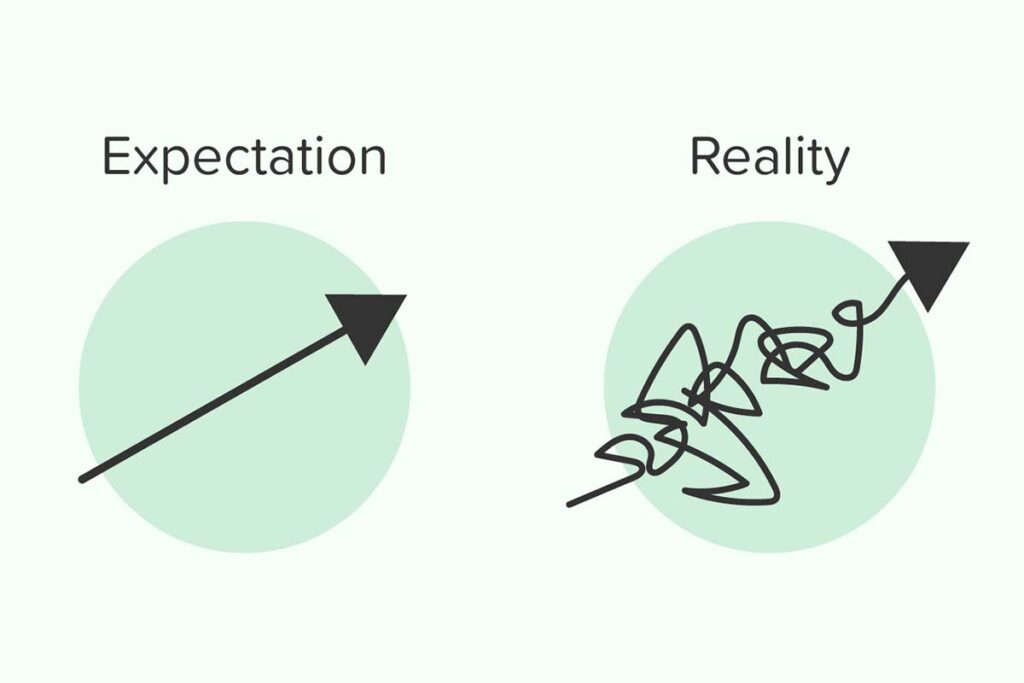

2. Inaccurate calorie intake
Being on Ozempic doesn’t exempt the need to maintain a caloric deficit for weight loss. Adopting sustainable lifestyle changes and collaborating with a nutritionist for a better diet plan can help.
3. Incorrect dosage
The initial dosage for Ozempic is typically 0.25 mg for the first four weeks. After this period, the dosage may be gradually increased. Consult your healthcare provider to ensure you’re taking the appropriate dosage for your needs.
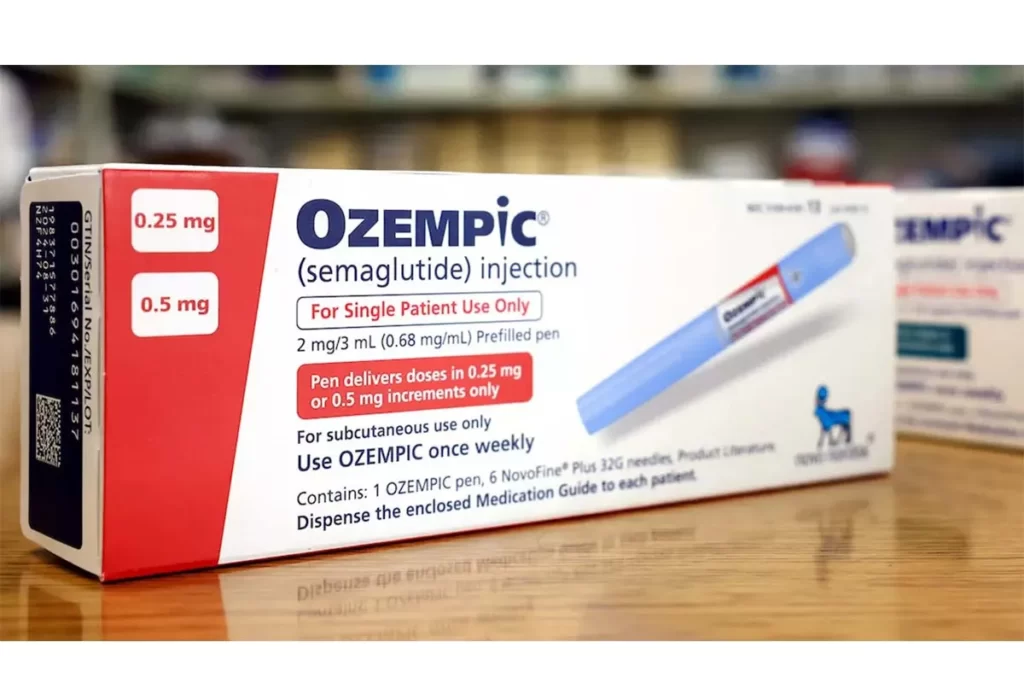

4. Weight loss plateau
Hitting a temporary weight loss plateau is a normal part of the journey. Building or maintaining muscle mass can help boost metabolism, and in turn, continue the weight loss progress.
5. Lack of substantial lifestyle changes
Long-term weight management requires adopting and being consistent with healthier habits. Focusing on diet and exercise alongside Ozempic can contribute to the success of your weight loss journey.


6. Inadequate support network
Research suggests that individuals who try to lose weight together often have better success rates compared to those attempting weight loss alone. Access to a supportive community can be beneficial.
7. Poor sleep habits
Sufficient sleep (around 7-9 hours per night) is crucial for weight loss. Try to maintain a regular sleep schedule, create a relaxing bedtime routine, and optimize your sleep environment for better sleep hygiene.


8. Drug interactions
If you are taking other medications, these may interact with Ozempic and affect its efficacy. Consult your healthcare provider to ensure there are no detrimental interactions between your medications.
9. Blindly following others’ advice
Each person’s body is different, and what works for someone else may not necessarily work for you. Stick to your prescribed Ozempic plan and be in tune with your body’s needs.

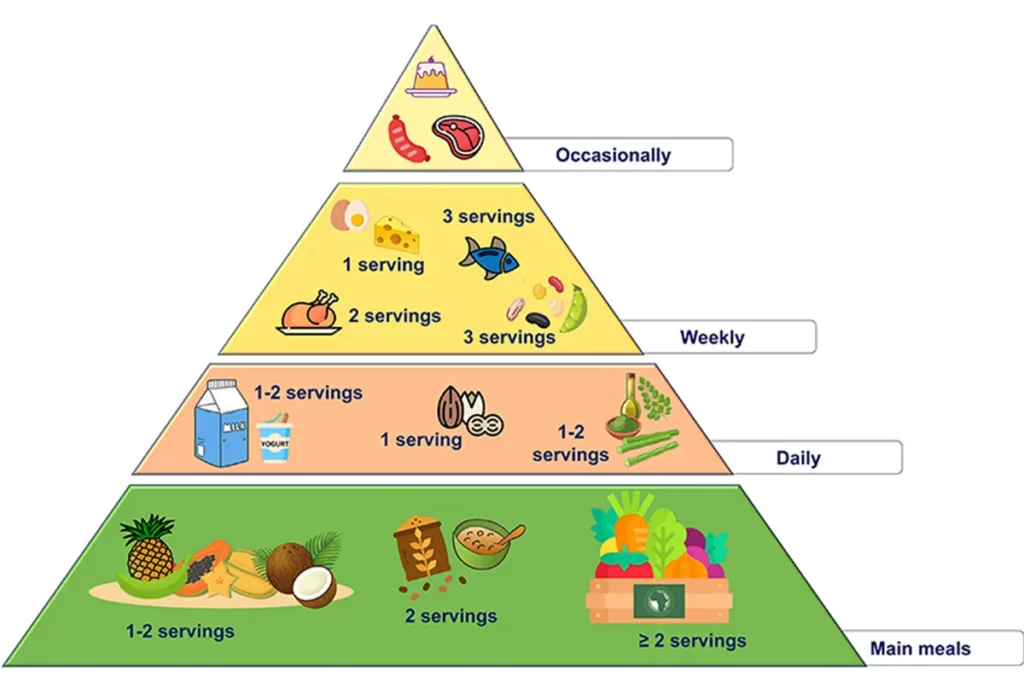
10. Symbolic diet adjustments
Mere minor diet modifications may not be enough to initiate significant weight loss. Collaborate with a nutritionist and healthcare professionals to better tailor your diet plan to your specific body needs and caloric requirements.
It’s important to note that everyone’s experience with Ozempic is unique. Results may become noticeable within a few weeks, with some people losing a minimum of 5% of their starting weight. To maximize weight loss with Ozempic, consider lowering your overall calorie intake, engaging in regular physical activity, and limiting alcohol consumption. Always consult with your healthcare provider for personalized advice and support throughout your weight loss journey.
Real User Experiences and Reviews of Still Hungry on Ozempic
Below are five real user experiences, reviews, and Q&As that exhibit the variety of individual responses to Ozempic.
1. Success with Weight Loss and Appetite Reduction
Dana shares that his appetite significantly decreased after starting Ozempic, and he lost 15 pounds in the first month: “I can’t believe how my hunger has almost vanished, and I find myself eating much smaller portions. The medication has truly kick-started my weight loss journey.”
2. Mild Hunger and Gradual Weight Loss
Stingie has experienced mild still hungry on Ozempic since beginning to use Ozempic, but he has still managed to lose 8 pounds in 6 weeks: “Although I still get hungry at times, I’ve noticed that I’m more conscious of my portions and can control my cravings better. The weight loss is slow, but I’m staying optimistic and continuing to make healthier choices.”
3. Persistent Hunger and No Weight Loss
Teresa has been on Ozempic for two months and did not experience a decrease in appetite or any weight loss: “I thought Ozempic would be the answer for me, but I still feel hungry all the time, and I haven’t lost any weight. I’m starting to get discouraged and considering discussing other options with my doctor.”
4. Initial Success Followed by Increased Hunger
MzGormo initially lost 10 pounds within the first three weeks of using Ozempic and noticed decreased appetite. However, his hunger gradually returned and became more difficult to manage: “I typically have a large appetite, but Ozempic initially helped suppress that. Unfortunately, after a few weeks, my hunger levels have increased and are now impacting my weight loss progress.”

Q&As – Still Hungry on Ozempic
1. Hunger Management
Question from Mary: "I've been on Ozempic for a month, and I'm still hungry on Ozempic. My healthcare provider said my dose is appropriate. Does anyone have any advice on how to manage this hunger?"
Accepted Answers Vote (5)Suggested Answers
2. Exercise and Ozempic
Question from Jack: "I've been taking Ozempic for two months. I don't feel as hungry, but I'm not losing weight either. I don't exercise regularly. Could that be a factor?"
Accepted Answers Vote (1)Suggested Answers
3. Dosage Adjustment
Question from Hannah: "I have still hungry on Ozempic being on Ozempic for over three weeks. Should I consider asking my doctor for a stronger dose?"
Accepted Answers Vote (8)Suggested Answers
4. Unexpected Weight Gain
Question from Aidan: "I've been on Ozempic for a month, but not only am I not losing weight, I've actually gained a couple of pounds. I don't understand why this is happening. Any insights?"
Accepted Answers Vote (2)Accepted Answers
Answer from Ella: "That might be a bit frustrating. If you're eating fewer calories and still gaining weight, you should definitely talk to your doctor. You could be retaining water, or it could be a sign of a completely unrelated issue that needs to be addressed."
ByVote (12)
Suggested Answers
5. Ozempic Effects Timing
Question from Reese: "I just started taking Ozempic a couple of days ago. How soon can I expect to notice a decrease in my appetite?"
Accepted Answers Vote (5)Accepted Answers
Answer from Theo: "It varies for everyone, but you may start noticing changes in your appetite within weeks. Keep in mind that for others, it may take a bit longer, so don't get discouraged if you don't see immediate changes."
ByVote (11)
Suggested Answers
Still Hungry on Ozempic: Tips and Suggestions
Useful tips and strategies to manage hunger while on Ozempic
- Consume a balanced, nutrient-dense diet: Focus on whole, unprocessed foods that are rich in fiber, protein, and healthy fats to promote satiety.
- Drink plenty of water: Staying hydrated can help reduce hunger and support overall health.
- Implement mindful eating techniques: Listen to your body’s hunger and satiety cues, eating slowly and without distraction.
- Exercise regularly: Engage in a mix of cardiovascular and strength training exercises to support weight loss efforts and overall health.
Consultation with Healthcare Provider: Why it is Important
Tips on raising concerns to healthcare provider
If you are struggling with still hungry on Ozempic, consulting with your healthcare provider is crucial. They can assess your situation, adjust your dosage if necessary, and provide personalized guidance for managing hunger and optimizing weight loss efforts.
Finally
Experiencing still hungry on Ozempic is not uncommon, and it may take time and effort to identify and manage the contributing factors. By incorporating healthy habits and seeking guidance from a healthcare provider, individuals can minimize hunger and improve their weight loss journey.

Still Hungry on Ozempic: Frequently Asked Questions
How much weight can you lose in a month with Ozempic?
Each individual's weight loss experience with Ozempic can vary significantly depending on several factors, such as dosage, lifestyle habits, and overall health. On average, patients may see weight loss of approximately 2-3% over 1-6 months, but this can greatly vary.
How quickly do you see weight loss on Ozempic?
Weight loss onset with Ozempic is typically gradual. Some users may notice changes within the first few weeks, while for others, it may take several months before they see notable weight loss.
Can Ozempic cause rapid weight loss?
In general, weight loss with Ozempic is gradual rather than rapid. Rapid weight loss could be unhealthy and should be reviewed with your healthcare provider. If your weight loss on Ozempic is faster than commonly expected, it is advised to consult your healthcare provider for advice or potential dose adjustment.
Do people really lose weight on Ozempic?
Yes, many users of Ozempic report weight loss. However, the degree of weight loss can vary greatly from person to person. It's important to remember that Ozempic should be used in conjunction with a healthy diet and regular physical activity for optimal results.
Does Ozempic help lose weight if not diabetic?
While Ozempic is primarily a medication for managing type 2 diabetes, it has also been noted for its weight loss effects. Research and user experience suggest that it can contribute to weight loss in individuals without diabetes. However, it should not be used as a weight loss medication without the supervision of a healthcare provider.

Michael J. Ormsbee
Read this Next
